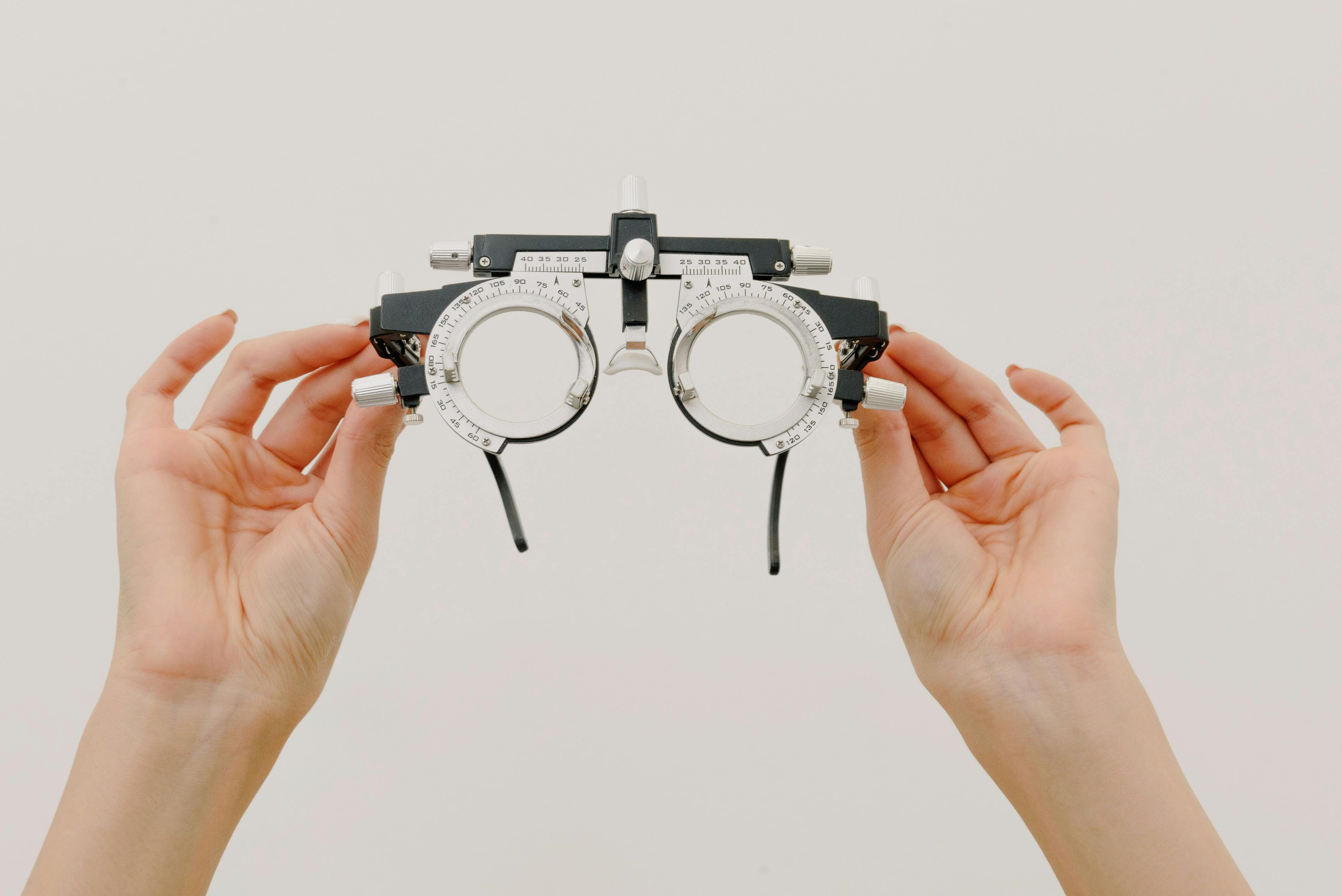
Chemotherapy drugs: a major profit center for oncologists
admin
- 0
Like many cancer survivors who have undergone chemotherapy treatments, I have often said, “The treatment was worse than the disease.” Why, despite the very dangerous side effects of chemotherapy, does it still seem to be the treatment of choice for many oncologists? Do you think it may be because giving chemotherapy is very profitable for oncologists?
Did you know that oncologists can profit from the sale of chemotherapy drugs? It is totally restricted and exclusive for oncologists. I don’t know of any other group of doctors that are allowed to profit from the sale of drugs.
Think about this. A significant amount of income for oncologists comes from the profits they make from the sale of chemotherapy drugs. Do you think that is why chemotherapy is so widely used by oncologists? Is it “All About the Money?”
Do you think oncologists might be tempted to give you the drug from which they will get the most benefit? I like to have faith that my doctor cares about me. Unfortunately, monetary incentives do something to destroy my faith.
This is what I think is a perfect example of that. Her doctor told Trisha Torrey, “You have a very rare cancer, a lymphoma, called subcutaneous panniculitis-like T-cell lymphoma.” Her doctor referred her to an oncologist. The news from the oncologist was very discouraging. She was told that without chemotherapy she would be dead before Christmas. She asked about the possibility that the lab results were incorrect. She was told, “No, it’s not a possibility. Two labs independently confirmed the results.” She said the pressure started to build to start chemotherapy.
Terry sought the opinion of another oncologist. Three weeks later, at the end of September, they confirmed that he did not, in fact, have cancer. Is it possible that her first oncologist was pressuring her to undergo chemotherapy for the money she would earn? I don’t know, but it’s a scary thought.
Oncologists are much like retail store business owners. According to a recent NBC News report, oncologists make most of their income by buying products (drugs) in bulk and selling them to patients at retail.
Like any business owner, private practice oncologists are entitled and deserve to earn a living. My question is; Should they make their money by treating the patients or by SELLING the drugs? Other types of doctors do not have that option.
And where do you think oncologists get their information about the drugs they sell? It comes from the pharmaceutical salesman. Do you think that information may be biased?
How did this practice start? It started because Medicare and insurance companies wanted to save money by moving cancer treatments out of the hospital and into the hands of private practice oncologists. Once again, it’s all about the money. Unfortunately, that greed failed and we, the patients, are paying the price. Since that policy began, the prices of many cancer drugs have skyrocketed into the tens of thousands of dollars a year.
All chemotherapy drugs used in the United States have been approved by the FDA. Does that make them safe? Do you think pharmaceutical companies influence the FDA to approve dangerous drugs in the same way that they influence private practice medical oncologists? Yeah.
I think the drug companies and their lobbyists have too much influence over the decision making and policy of oncologists and the FDA.
It is well known that the FDA has allowed many drugs, including chemotherapy, to remain on the market despite serious risk factors. How did it happen that dangerous drugs were approved by the FDA and oncologists made significant profits from selling them? Meet the Pharmaceutical Research and Manufacturers of America (PhRMA), the trade group for the pharmaceutical industry
PhRMA lobbied for the Prescription Drug User Fee Act (PDUFA) of 1992. The pharmaceutical industry agreed to help finance the approval process, in exchange for the FDA’s promise to expedite its deliberations. Does this put the FDA financially in debt to the industry it is supposed to regulate? I think so.
There are many non-toxic natural chemotherapies that kill malignant neoplasms. Laetrile, which is basically vitamin B17, selectively seeks out and destroys cancer cells and is available in many plant foods. It does this without harming healthy cells. Maybe the farmers who grow those plants should give the oncologists a commission for selling their crops.
Despite the tone of this article, I AM NOT AGAINST seeing an oncologist for cancer treatment. I am not against all chemotherapy treatments. I’m suggesting you do what Trisha Torrey did; get a second opinion.
I almost died from my first two rounds of chemotherapy. I also felt that the oncologists were arrogant and selfish. I wasn’t comfortable with them. I then returned to the cape where I live and started my treatment again. My doctor in the cape, Dr. Víctor Avilés, actually treated me with chemotherapy. It wasn’t the same drug that the Boston doctors used. I don’t think he thinks of this drug for profit. It was the most appropriate drug for my particular cancer. I always felt very comfortable with him.
My closing thought. If you are not totally comfortable with your doctor, get another one. There are wonderful, dedicated and honest oncologists out there. You may have to visit several to find the right one for you.

